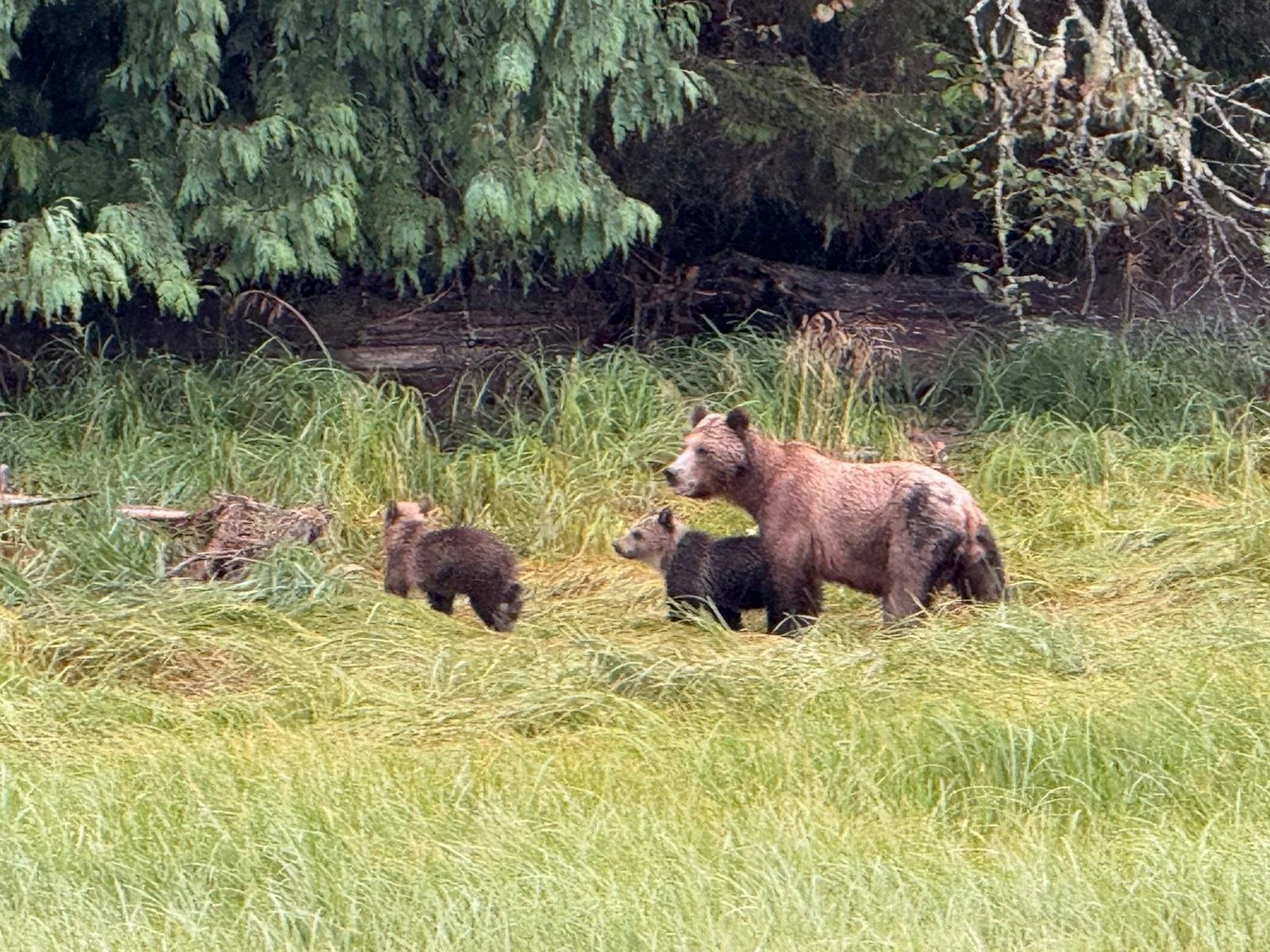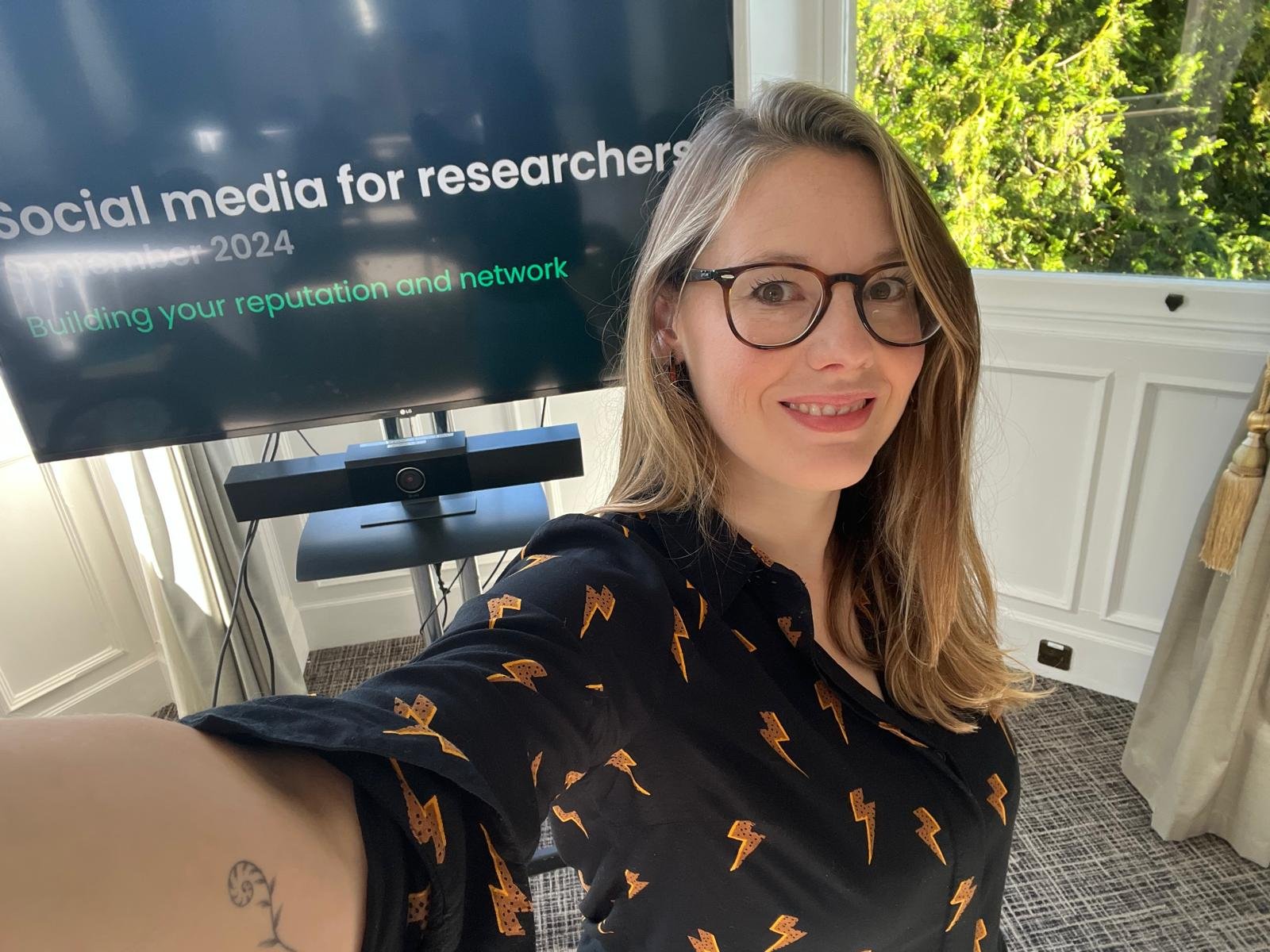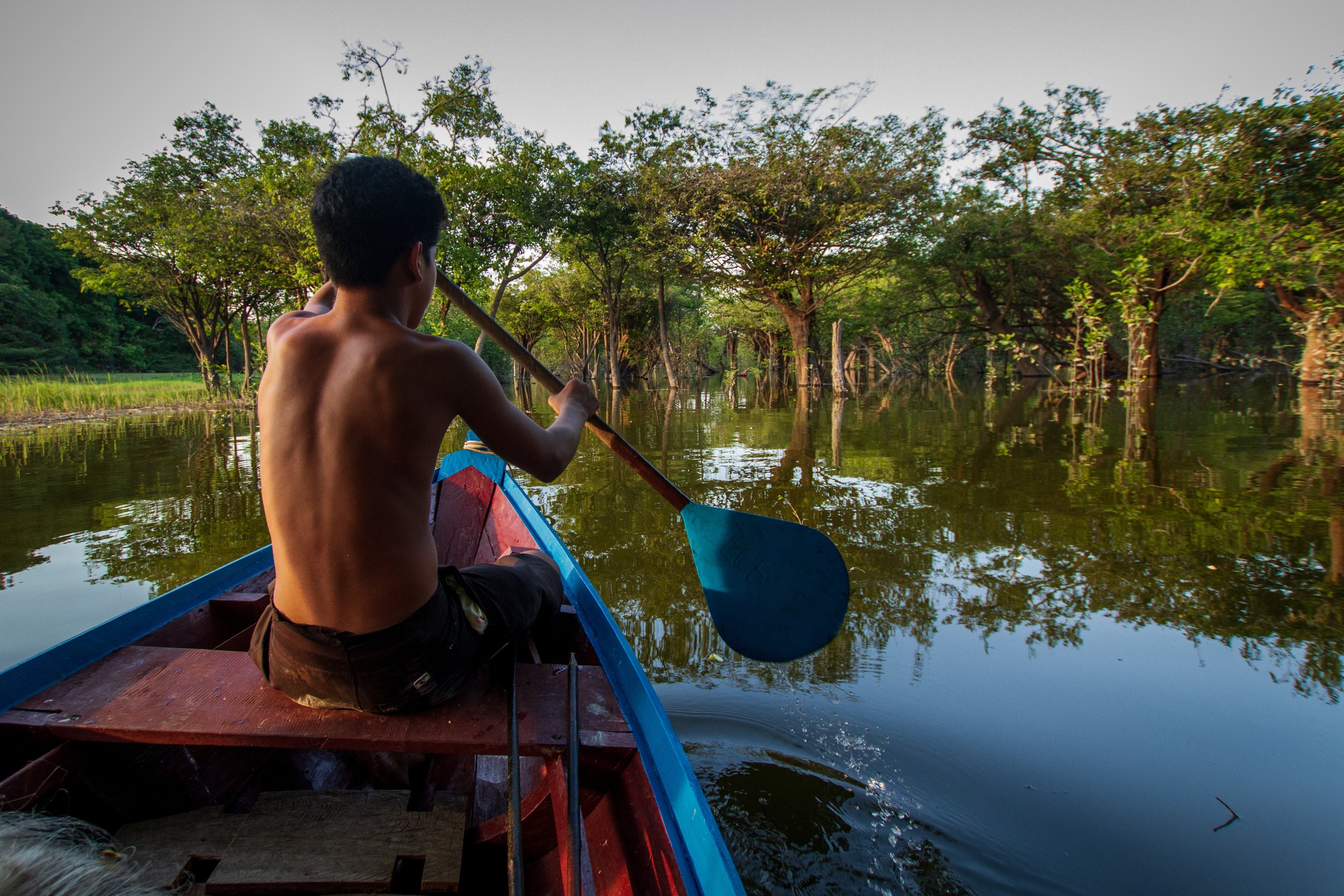WHAT WE THINK

How Canada’s indigenous people stood up to the fishing industry – and brought the salmon leaping back
The story of how some of Canada’s First Nations groups stood their ground and ousted the international fishing industry from their waters. And how their wildlife is now bouncing back.

Fishers, locals and nature-lovers all benefit from a healthy ocean
There’s a relatively prevalent misconception that the rewilding of the ocean must be bad news for local people who make a living by fishing. Here’s why that’s not true.

David Attenborough’s ‘Ocean’ offers hope - but he urges us to act too
Just as the teeth of the trawlers churn the seabed, Ocean with David Attenborough must stir meaningful action. “If we save the sea, we save our world” as Attenborough says at the end of the film.
And so all eyes are on governments to act together to protect the ocean. As individuals, he urges us, we all have an active role to play. And so, we too can think about the food we eat, and the way we shop.

The lynx effect
As part of a nature restoration strategy, the UK needs Eurasian lynx. The government needs to act urgently and radically to curb the dramatic decline in biodiversity. The UK is one of the most nature deprived places in the world, with one in six of its species at risk of being lost from Britain.

What gave us hope (and challenge) in 2024
2024 was quite the year for us. Here’s what kept us busy.

Now is the ocean’s time to shine in climate comms – here’s how.
I led a major audit of global media coverage on ocean protection. Here’s what we learned.


Reflecting on the ocean campaign at COP28
Being at COP28 made the globe feel very small. It is one thing to be tapping out press releases about ocean science from the moderate climes of South East England. It is quite another to be pitching experts to talk about rising sea levels when you have just chatted in the coffee queue with a delegate from the Philippines, swapped notes with a campaigner from Indonesia, taken a group pic for a team from Chile…

Researchers found their voices during Covid. Now they must do the same for the climate.
At the time it felt like a story like no other: a story which dominated the media for months on end. But now heat domes, wild fires and wayward ocean currents are sharpening our focus on the climate crisis. So it is worth asking what lessons research communicators can learn today from the media’s response to the Covid pandemic.

Why do we put people at the heart of science stories?
Putting people at the heart of stories is Comms 101. But why is it? A question from the floor at a conference recently prompted me to think afresh about this question.
WORK WITH US
“The important thing is not to stop questioning. Curiosity has its own reason for existing.”
ALBERT EINSTEIN
